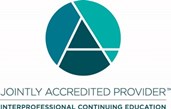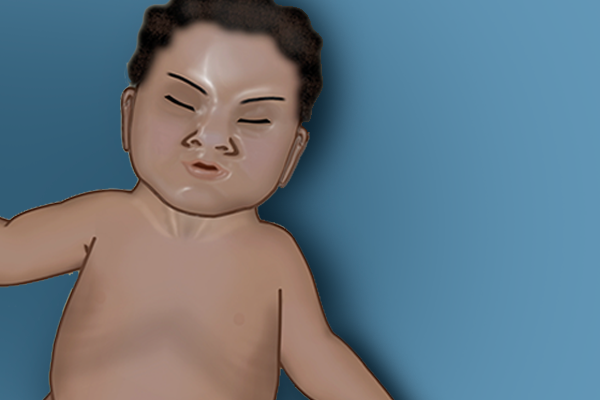Recognition of Respiratory Failure and Shock in Children (40 min.)
$25.00
Survival after in-hospital pediatric cardiac arrest is only about 40%, and less than10% for out-of-hospital pediatric cardiac arrest. Thus, prevention of cardiac arrest is of paramount importance. This program reviews the clinical signs and symptoms of shock and respiratory failure–the two most common pathways by which children progress to cardiorespiratory failure and cardiac arrest–and describes how early recognition and intervention can help prevent these events and improve patient outcomes. The course is intended for physicians and nurses who are responsible for the care of sick infants and children.
This content was created by OPENPediatrics, a peer-reviewed medical education platform for healthcare professionals. Please see www.openpediatrics.org for more information.
Description
This content was created by OPENPediatrics, a peer-reviewed medical education platform for healthcare professionals. Please seewww.openpediatrics.orgfor more information.
Learning Objectives: At the conclusion of this educational program, learners will be able to:
- Describe epidemiology of pediatric in-hospital cardiac arrest
- Distinguish between respiratory distress and respiratory failure
- Classify types of shock (hypovolemic, distributive, and cardiogenic)
 In support of improving patient care, Boston Children’s Hospital is jointly accredited by the Accreditation Council for Continuing Medical Education (ACCME), the Accreditation Council for Pharmacy Education (ACPE), and the American Nurses Credentialing Center (ANCC), to provide continuing education for the healthcare team.
In support of improving patient care, Boston Children’s Hospital is jointly accredited by the Accreditation Council for Continuing Medical Education (ACCME), the Accreditation Council for Pharmacy Education (ACPE), and the American Nurses Credentialing Center (ANCC), to provide continuing education for the healthcare team.
Physicians
Boston Children’s Hospital designates this live activity for a maximum of 0.5 AMA PRA Category 1 Credits ™. Physicians should claim only credit commensurate with the extent of their participation in this activity.
Nurse
Boston Children’s Hospital designates this activity for 0.5 contact hours for nurses. Nurses should only claim credit commensurate with the extent of their participation in the activity.
Disclosure Policy
Boston Children’s Hospital adheres to all ACCME Essential Areas, Standards, and Policies. It is Boston Children’s policy that those who have influenced the content of a CE activity (e.g. planners, faculty, authors, reviewers and others) disclose all relevant financial relationships with commercial entities so that Boston Children’s may identify and resolve any conflicts of interest prior to the activity. These disclosures will be provided in the activity materials along with disclosure of any commercial support received for the activity. Additionally, faculty members have been instructed to disclose any limitations of data and unlabeled or investigational uses of products during their presentations.
Disclosure Statement
The following planners, speakers, and content reviewers, on behalf of themselves, have reported the following relevant financial relationships with any entity producing, marketing, reselling, or distributing health care goods or services consumed by, or used on patients:
Traci Wolbrink, MD, MPH: Grant support for educational content creation; La Foundation – Dessault Systems
Kathleen Huth, MD: None
Dennis Daniel, MD: None
Emily Hamilton, MSN: None
Liza Li, PharmD: None
Monica Kleinman, MD: None
Michele DeGrazia, PhD, RN, NNP, FAAN: Plagio LLC, Avon, MA – 10% equity
Additional information
| Credit Type | AMA PRA Category 1 Credits™ (MD, DO, NP, PA), Contact Hours (Nurse, Nurse Practitioner) |
|---|---|
| Duration | |
| Format | |
| Topic | Critical Care Medicine, Emergency Medicine, General Pediatrics, Hospital Medicine, Medicine |
| Expiration Date | |
| Release Date |



